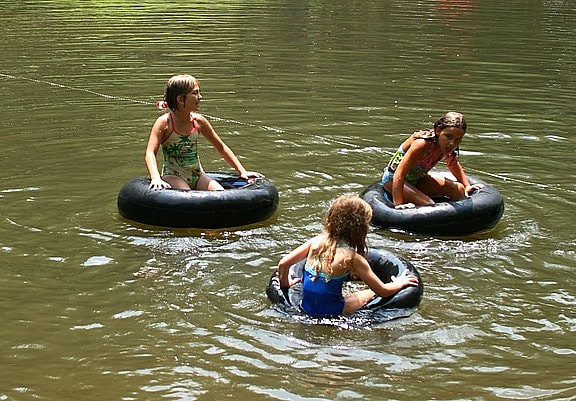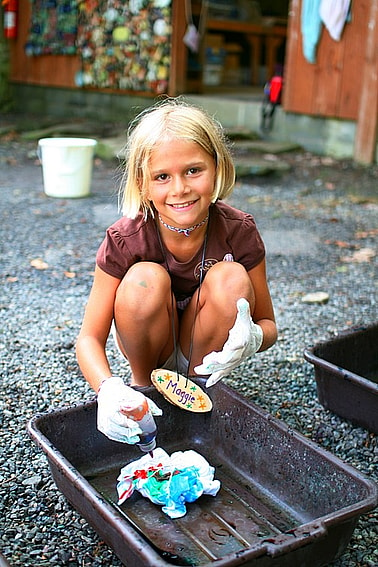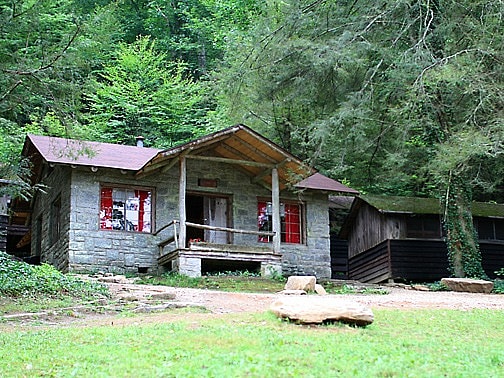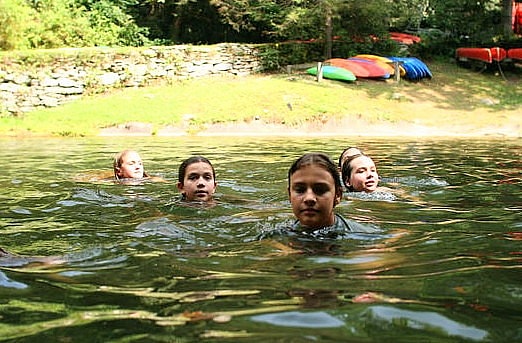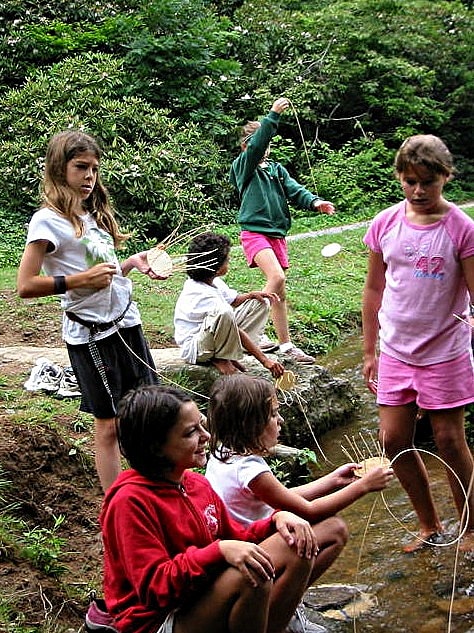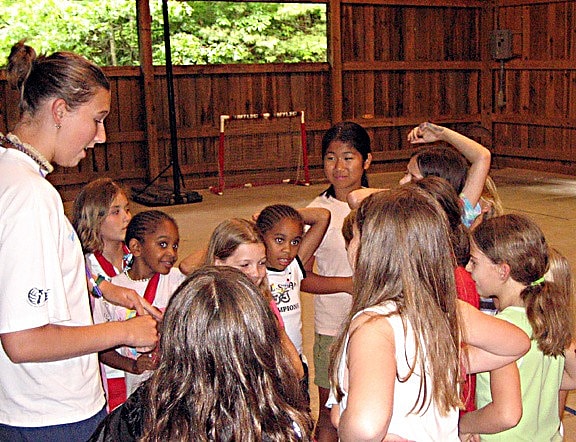Cory Doctorow wrote a nice post reminding us of the classic book about children and learning by John Holt, “How Children Learn” (originally published in 1967). The book, which has been revised and reprinted, can still be found on many education course reading lists because it makes a very important point teachers and parents easily and often forget. His basic claim is that children are natural learners, and that instead of always forcing them to adhere to a generalized curriculum, they should be encouraged to follow their curiosity, engage what they are passionate about, expand their perception and awareness, and experiment with the world around them. For adults, this means being less of a tyrant (“You have to…”) and more of a partner along for the adventure of growing up. Holt has observed this kind of adult coercion in the realm of learning to be often more counterproductive than not. Of course, parents and teachers need to provide some guidance at times and encourage or facilitate certain educational activities (or social behaviors!), but any habit of rigidly adhering to particular learning styles, contexts, or subjects may shape children to the detriment of their strengths and talents.
What does this have to do with camp? If most of the year is comprised of adults telling children what to do, what to study, what to learn —and you have to agree it is— then having a break from that in the summer is incredibly important and valuable. After all, that’s what camp provides. Campers arrive at camp and decide for themselves (without mom, dad, or teacher) which activities to take and how they will spend their time at camp. With some guidance from the counselors, they make their own experience, explore their own interests, build their own understandings. The great feelings that come with this freedom is certainly one reason girls love their camp experience.
Camp is so meaningful for them because they are active participants in making it meaningful.

